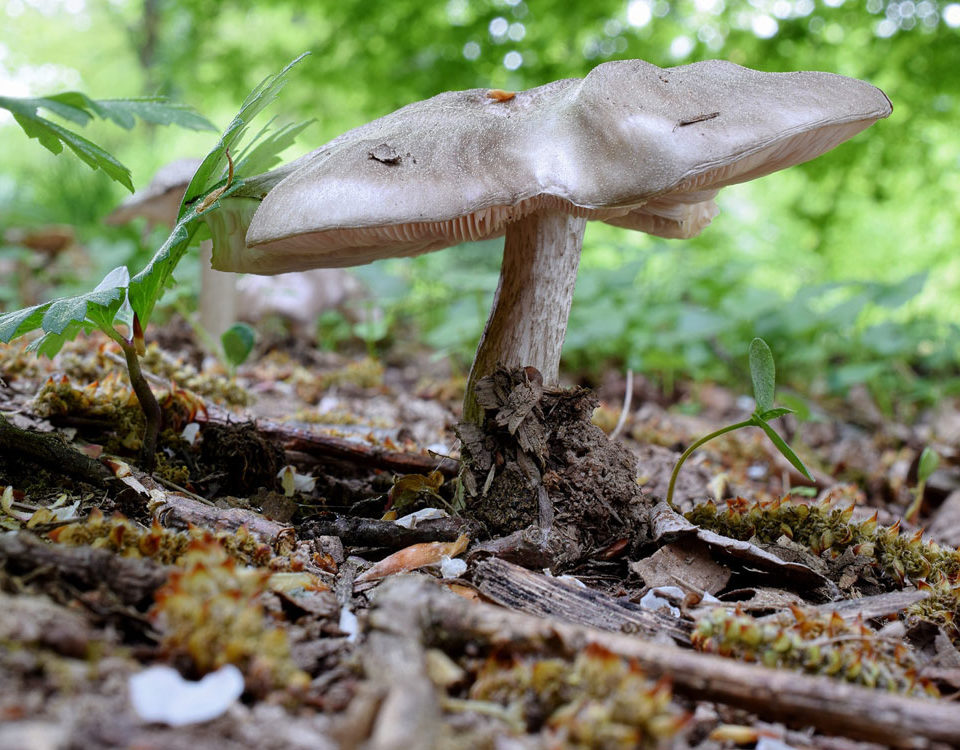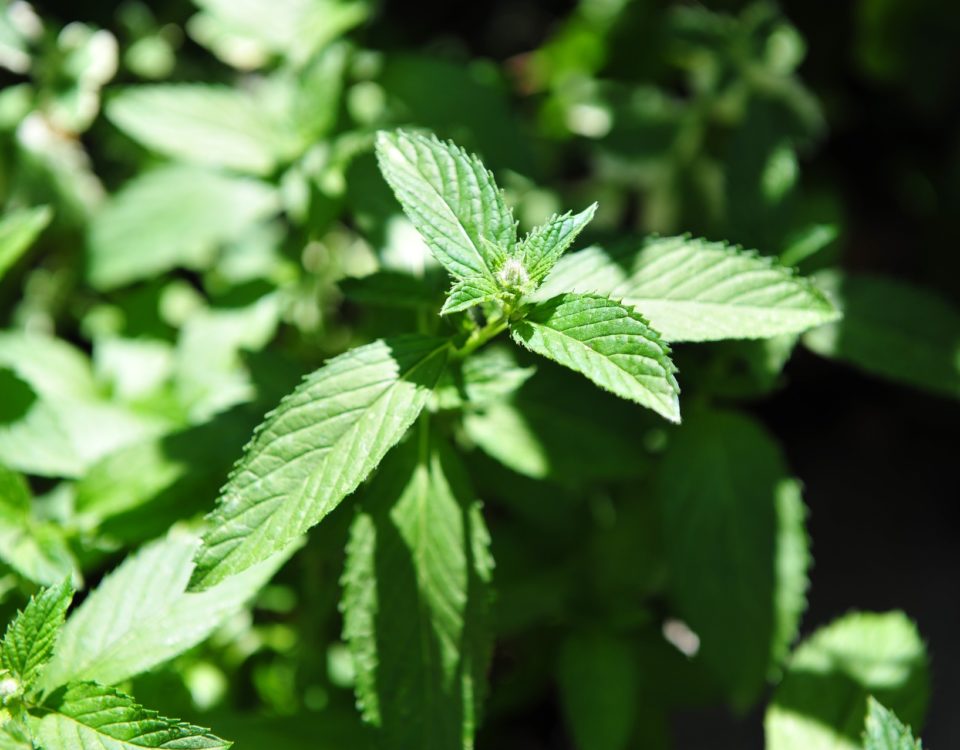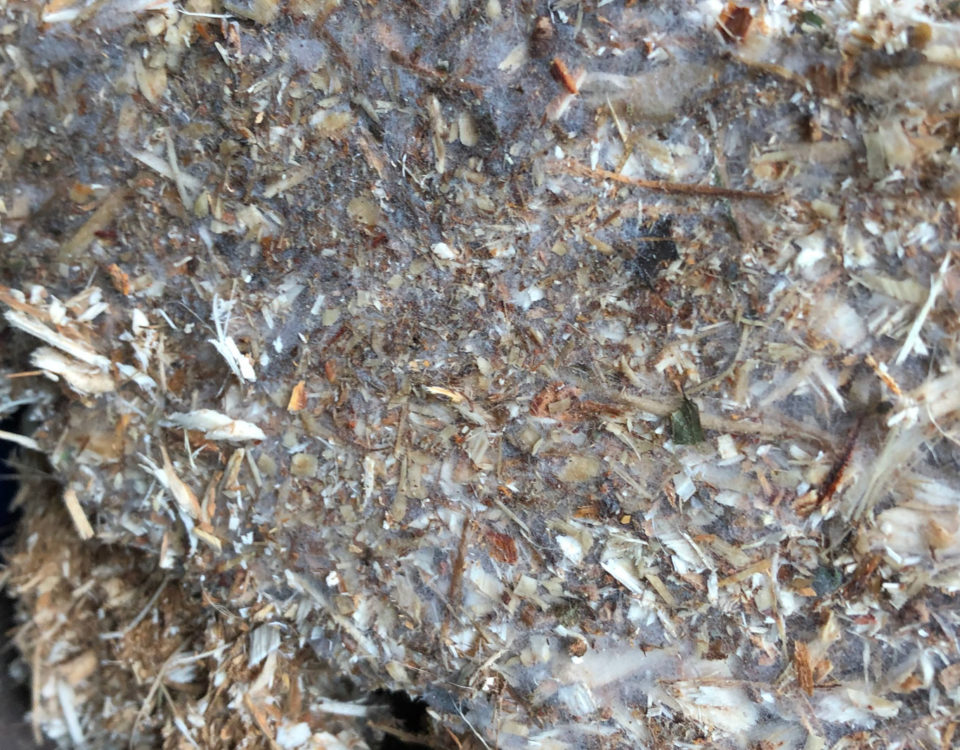How Microbiology is Essential to Your Garden

What Your Soil Must Have for Growing Delicious Nutrient-Rich Foods
April 20, 2017
Garden microbiology may seem like a heady topic, but that couldn’t be further from the truth. In reality, microbiology is an essential part of all gardening, from large commercial farms down to your backyard vegetable patch. You simply cannot afford to dismiss it if you want to produce delicious, nutrient-rich foods.
It’s not really that complex an idea either. Basically, in all of nature there is a synergy between roots, soil and microbes. All three must be present and work together for the growing process to be successful.
What happens on a microbial level is just as important as what is happening on the surface of your garden. Those bright green leaves and rich, juicy tomatoes won’t be present if the microbes in your garden aren’t doing their job properly.
Actually, garden microbiology is very similar to what happens in your body. In the digestive tract, we have a microbial system that is essential to the process of breaking down foods. Those microbes not only break down and remove toxins, but they also break down food into its essence, the basic nutrients. This process allows them to be absorbed back into the body. Those nutrients can then feed the rest of the body and help it to grow and thrive and be healthy.
In a similar fashion, microbes are working in soil to help break down and absorb nutrients. At its essence, soil is one large digestive system. When we put anything onto, or into, the soil, such as fertilizer, compost, plant materials or mulch, it is then broken down by microbes and reabsorbed by plants as they grow in the soil. Whatever nutrients the plants absorb are passed on to us when we eat them, in one large nutritional cycle.
Now you can begin to see why garden microbiology is so very important. Because, as with any multi-layered process, if any one of those layers is affected the entire process will be affected. For the whole thing to work properly, you have to make sure that every individual level of the process is working, and that has to extend all the way down to the microbial level. As small as those microbes may be, they can still throw a major kink in the works if they don’t do their job.
This is where the idea of soil mineralization comes in. Having the right balance of minerals in the soil ensures that the microbes have the environment they need to thrive. That’s why we spend so much time analyzing soil content and concentrating on how much of the various minerals is present in soil. In order to make your garden healthy on the microbial level, it is necessary to ensure that all of the essential minerals are present in the right amount. If something is lacking, we can then add to the soil to re-establish that critical balance.
Similar to the digestive system in the body, this process is an ongoing cycle. The microbes are always working to help plants absorb minerals from the soil, which means that minerals are continually depleted from the soil. So it is not enough to provide limestone powders and other sources of minerals once. Rather it is necessary to keep coming back and re-testing the soil and to determine where it stands year to year and to replenish it in order to maintain that balance.
That’s the real secret of garden microbiology. If you simply allow the microbes to deplete the minerals in the soil without replenishing them, you’ll have plants growing without the proper balance of nutrients. And that means food that is lower in quality, which doesn’t taste as good and is not as good for you.
The entire idea behind gardening is producing healthy, nutritious food so obviously, this is something that you want to avoid. It’s also why removing the soil entirely with hydroponics is not a good idea as this disrupts that natural synergy between roots, soil and microbes.
Unfortunately, most people don’t really look at gardening from this perspective, but if they did, they might take a whole new approach to it. You should think of your garden the way you do your body, which makes sense because your body will be drawing its nutrients from the food you grow in your garden.
The healthier the garden, the healthier your body will be. But if you only tend to the surface of your body and don’t pay attention to what is going on inside, you aren’t likely to be healthy because your organs and the microbes they thrive on won’t be getting what they need to survive.
You wouldn’t hesitate to make sure that your body is getting everything it needs to remain healthy, would you? You eat right, hydrate, get the right amount of sleep and the right amount of exercise, all of which are essential. Well when it comes to your garden, the same holds true. You need to make sure that your garden is getting what it needs from the inside out, from the soil down to the microscopic level, so that you can be sure that what you are getting out of it is as healthy as possible.
If you put all of your efforts into the plants themselves, but don’t bother to ensure that they have healthy soil in which to grow and microbes to feed the soil, you will be working against yourself, and your garden will not be successful. But if you build a strong microbial system and carefully maintain the balance of minerals in the soil, you’ll be able to see and taste the difference in the plants you harvest. You’ll also be able to feel the difference when all of those essential nutrients make their way into your body in the true cycle of life.




